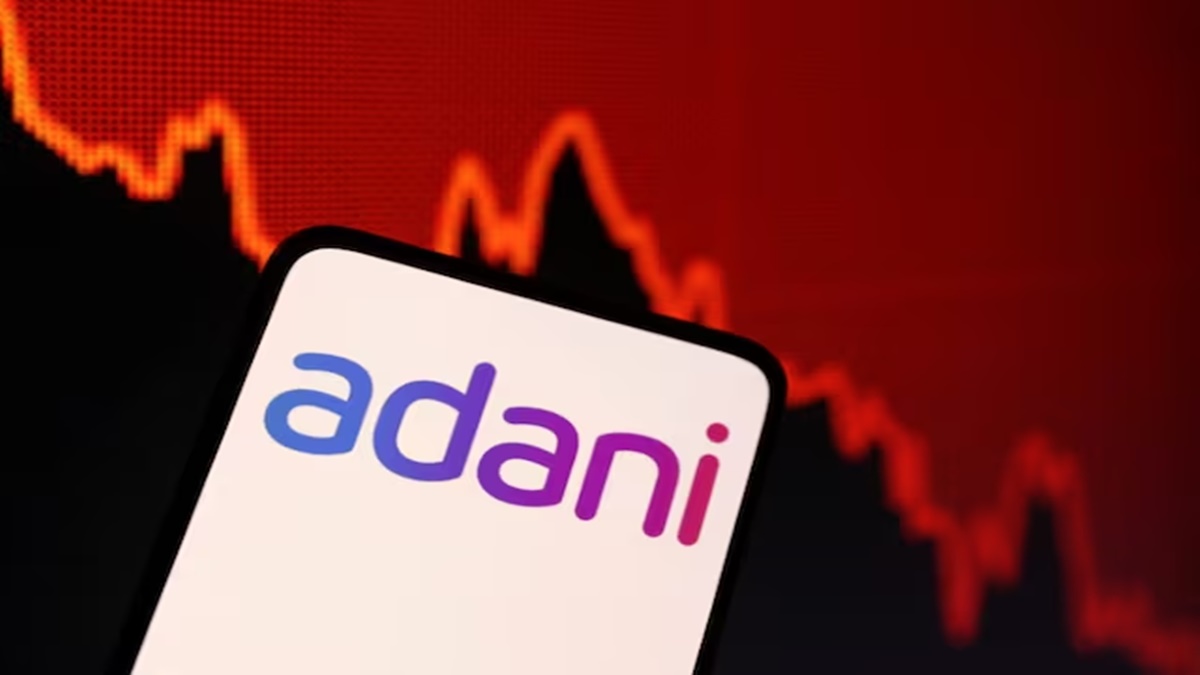In January 2023, the Adani Group faced a major crisis when Hindenburg Research released a damning report, triggering a swift market downturn and erasing billions from the company’s valuation. This upheaval cast doubt on the future of Gautam Adani, one of the world’s wealthiest individuals, and led to the cancellation of a significant public offering. However, beneath the chaos, a strategic response was brewing.
The Significance of the Haifa Port Deal
The timing of the Hindenburg report was crucial. Just days before its release, Adani was poised to finalize a $1.2 billion acquisition of Haifa Port in Israel. This deal was not merely a business transaction; it held substantial strategic implications for both nations, especially amidst rising Chinese influence in the region. The acquisition had already passed rigorous security checks and symbolized a new chapter in India-Israel relations.
Behind Closed Doors: A Subtle Message
Amidst the media frenzy, a discreet conversation unfolded in a modest room at Haifa Port. A prominent Israeli leader discreetly reassured Adani’s team, stating, “We protect our friends.” This gesture underscored the importance of the relationship and hinted at a more profound alliance at play.
Unraveling a Complex Web
As the storm intensified, an investigation quietly commenced. Although no names were officially disclosed, former intelligence officials and infrastructure experts began piecing together a puzzling network. This network reportedly included activist lawyers, journalists, hedge fund managers, and political figures—some allegedly linked to Chinese interests, while others were tied to influential circles in Washington, D.C. Notably, individuals from India’s opposition political landscape were also rumored to be involved.
A Tactical Response from Adani
Rather than responding with public outrage, Adani opted for a calculated approach. In Ahmedabad, he established a state-of-the-art control room staffed with cyber experts and analysts. His legal teams engaged with authorities across major international capitals. Meanwhile, in Switzerland, he received comprehensive briefings about the so-called financial and informational warfare directed against him.
The Turning Point
By late 2024, new information began to emerge. Leaked documents hinted at connections between U.S. agencies and media organizations that were amplifying anti-Adani sentiments. Some media outlets chose to ignore the story, while others downplayed its significance. A few, however, went ahead with reporting the allegations.
A Shift in Political Winds
As 2025 unfolded, the political landscape shifted dramatically with the arrival of a new U.S. administration. Support for the anti-Adani movement began to wane, paving the way for quiet negotiations. In January of that year, Hindenburg Research announced its closure, framing it as a “strategic pivot.” Those in the know recognized it as a sign of defeat.
Operation Zeppelin: A New Era of Strategy
What is now referred to as Operation Zeppelin transcended a mere corporate reaction; it was a sophisticated blend of business acumen, diplomatic maneuvering, and cyber strategy. Gautam Adani not only defended his business empire but also redefined the playbook for future conflicts in the corporate arena.
Lessons from the Battle
Adani’s experience serves as a potent reminder: navigating financial warfare is fraught with challenges and consequences. For those who underestimate the resilience of giants in the business world, this saga offers a stark warning: be prepared for the repercussions when a titan strikes back.
This narrative encapsulates the dramatic turn of events surrounding the Adani Group, showcasing the intersection of business, geopolitics, and resilience in the face of adversity.











